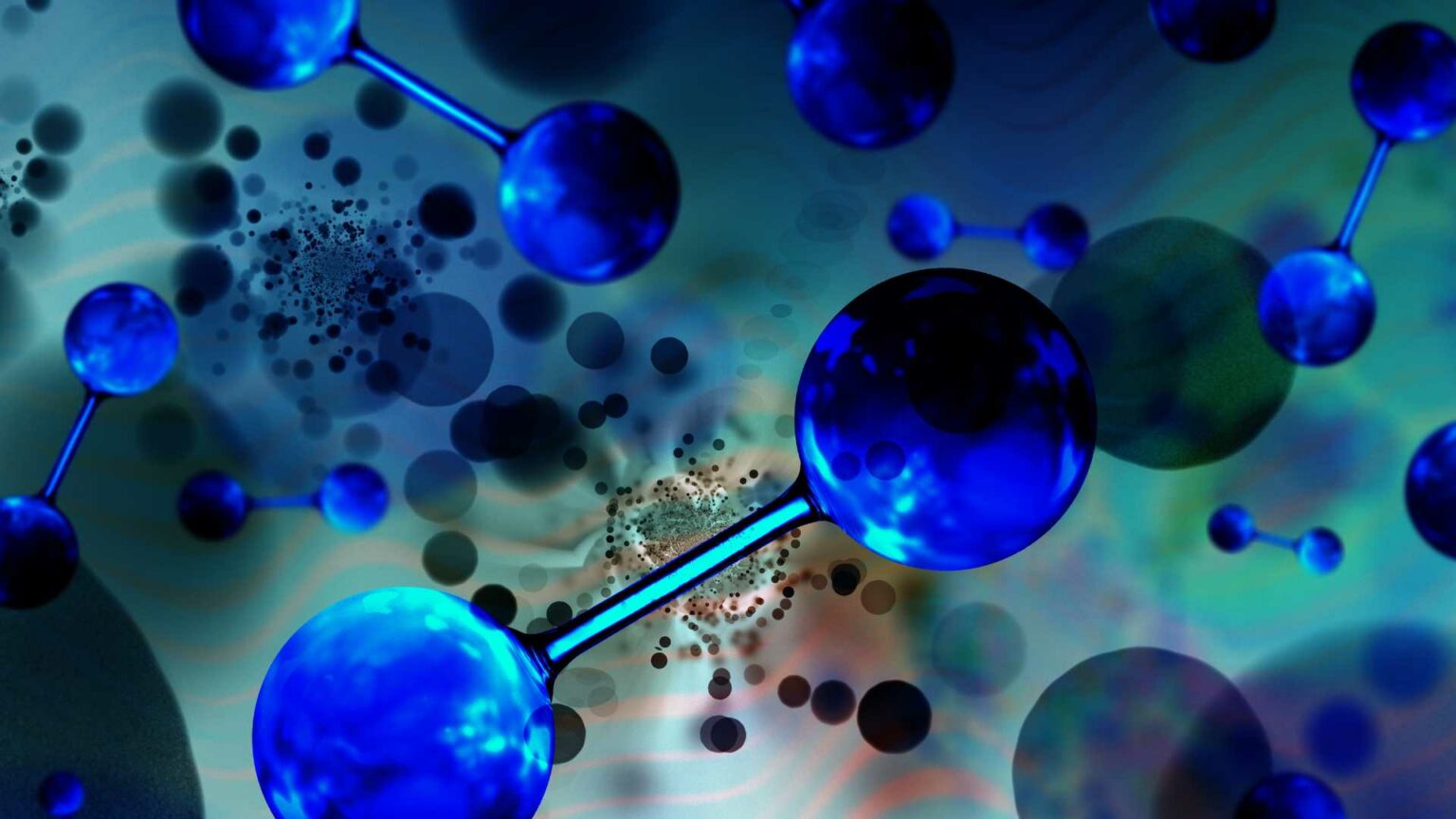West Virginia’s clean hydrogen future will unfold over the next decade. The Appalachian Regional Clean Hydrogen Hub (ARCH2) will expand from a simple idea to a network of projects across West Virginia, Pennsylvania, and Ohio.
ARCH2 is a joint effort by the U.S. Department of Energy, private companies, governments, academic institutions, and community groups. It’s focused on building a safe and sustainable hydrogen ecosystem in Appalachia. The Infrastructure Investment and Jobs Act allocated $8 billion for seven hubs nationwide, with ARCH2 set to receive up to $925 million. The first $30 million was released in July.
The hub will progress through four phases, as explained by Don LaMonaca, director of Battelle’s critical infrastructure businesses. Battelle, the world’s largest independent nonprofit science and technology organization, is the prime recipient of the ARCH2 award.
Phase 1 has just started. Eleven project developers will work on business, financing, and management plans, and engineering designs. They will also begin the required National Energy Policy Act (NEPA) environmental review and finalize project locations. This phase will take 1.5 to 3 years.
Projects Underway
One project in Morgantown involves Hope Gas partnering with Watt Fuel Cells and EQT to produce clean hydrogen from natural gas. Another in Fairmont involves Hog Lick Aggregates developing a clean fuel services depot for hydrogen-powered vehicles.
Phase 2 includes finalizing financing and permits, advancing engineering design, and completing NEPA review, taking 2-3 years. Phase 3 is construction, which will take 2-4 years. Phase 4 involves ramping up operations, taking another 2-4 years.
Projects must meet “go/no-go” criteria to move to the next phase. Alongside ARCH2, the California Hydrogen Hub and the Pacific Northwest Hydrogen Hub are also in Phase 1.
ARCH2’s strategic location between the Midwest and Mid-Atlantic hubs positions it well for national hydrogen network connectivity. The main goals are emissions reduction, job growth, energy security, and positive community impact. The White House Justice40 initiative mandates that 40% of the benefits go to disadvantaged communities.
The National Energy Technology Laboratory (NETL) is overseeing the hub, along with four other management and technical support organizations. NETL is tasked with coordinating economic and life-cycle analyses for the hub, balancing hydrogen supply and demand, and minimizing costs and emissions.
